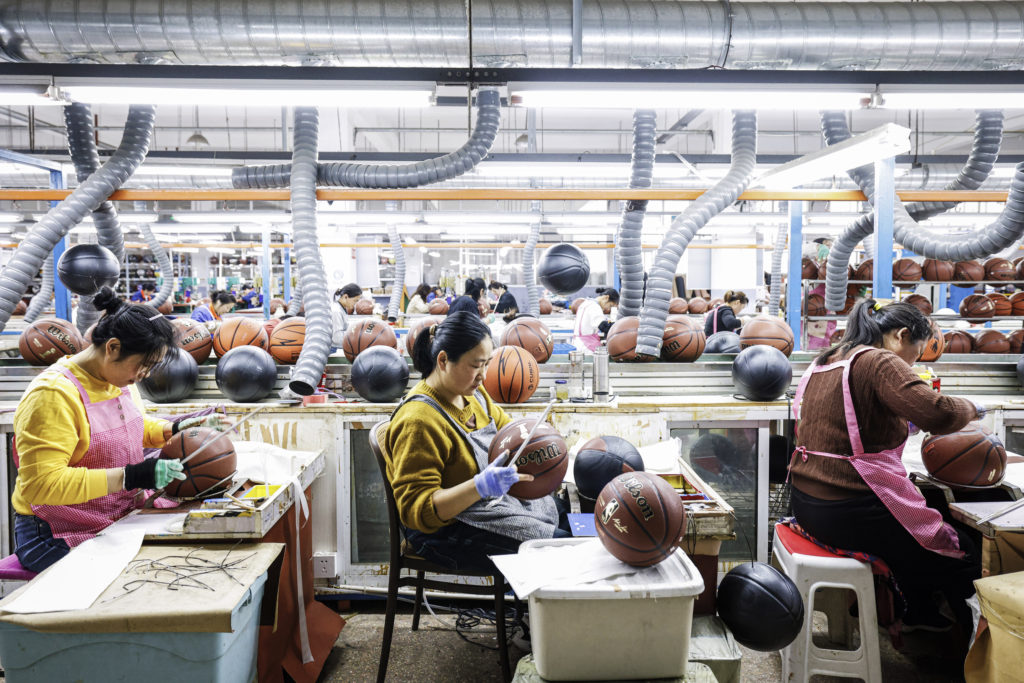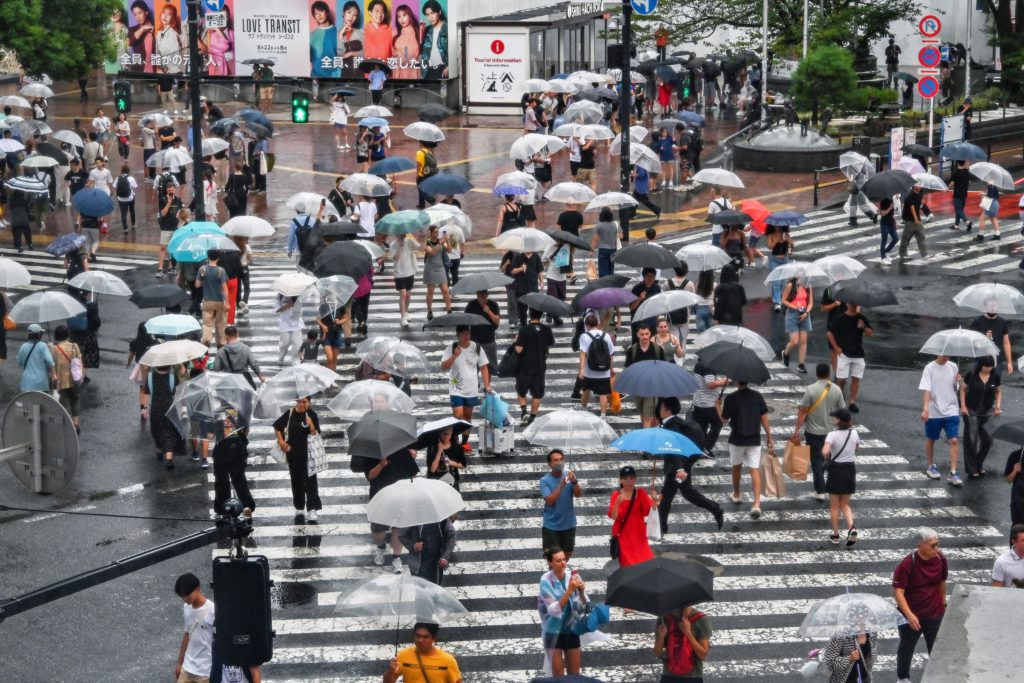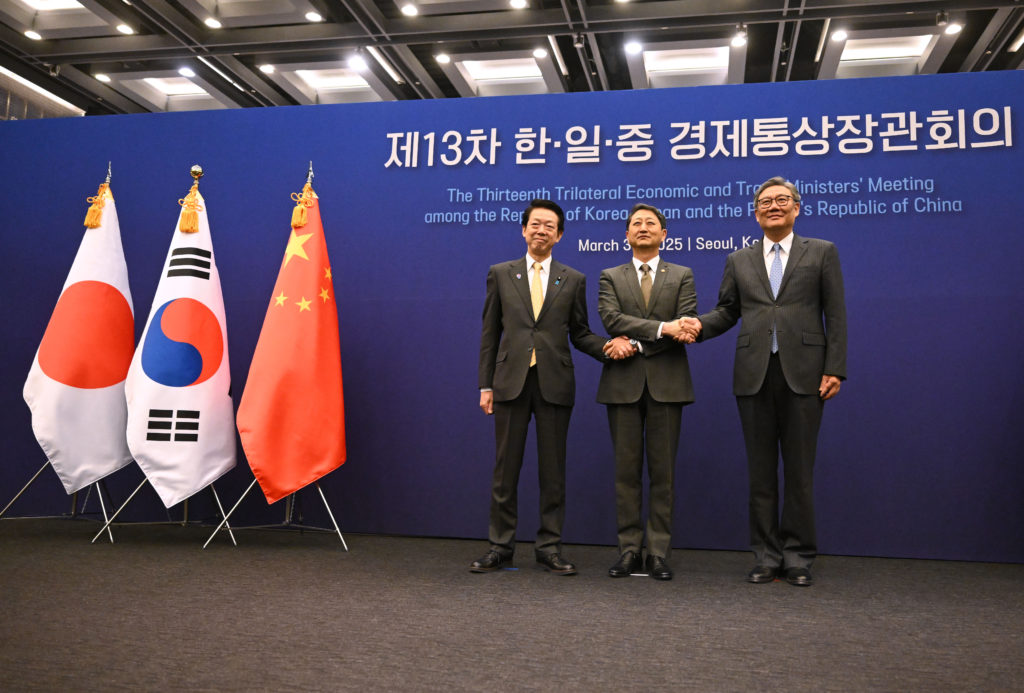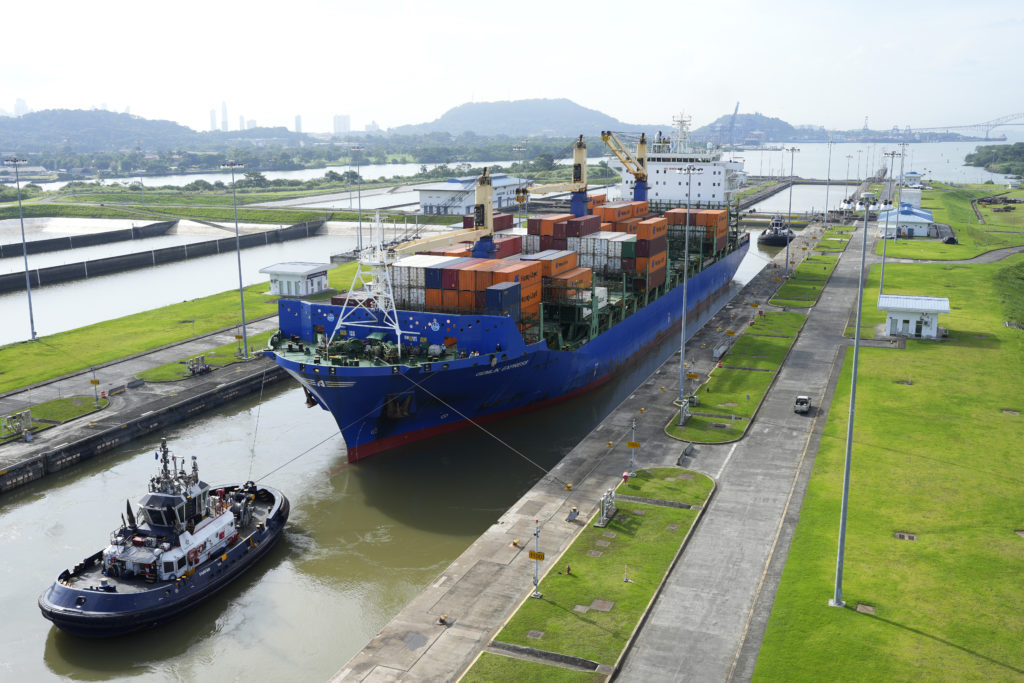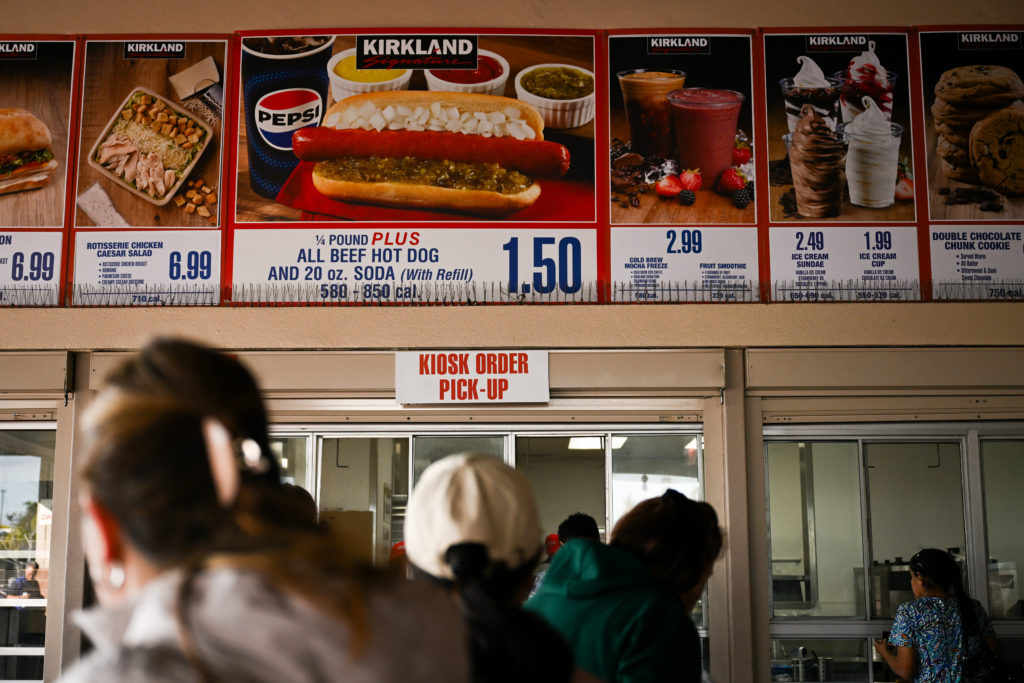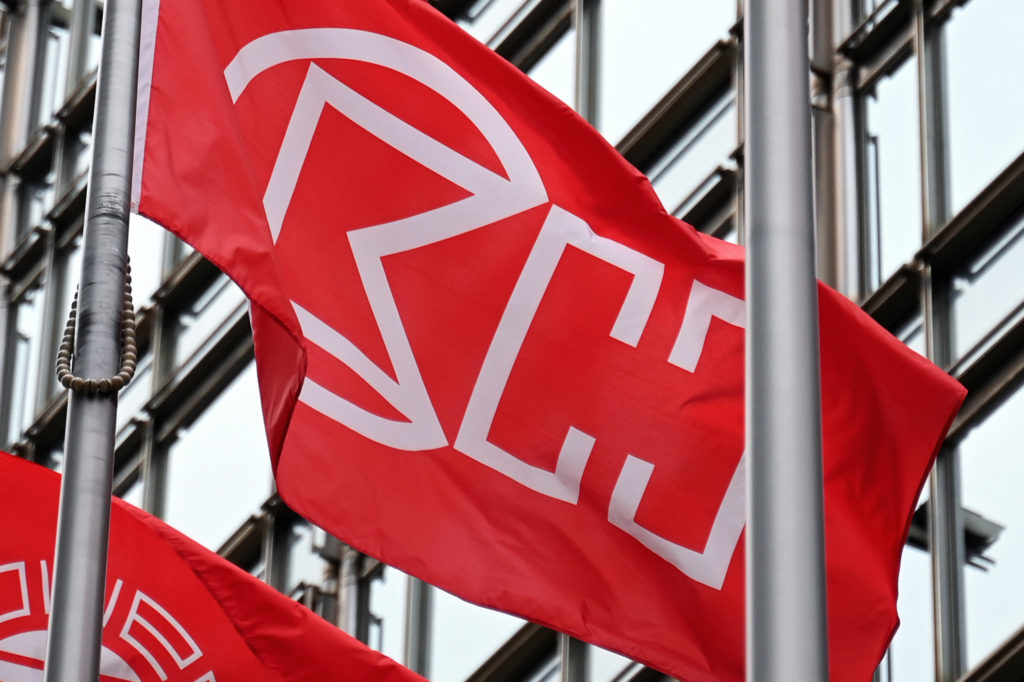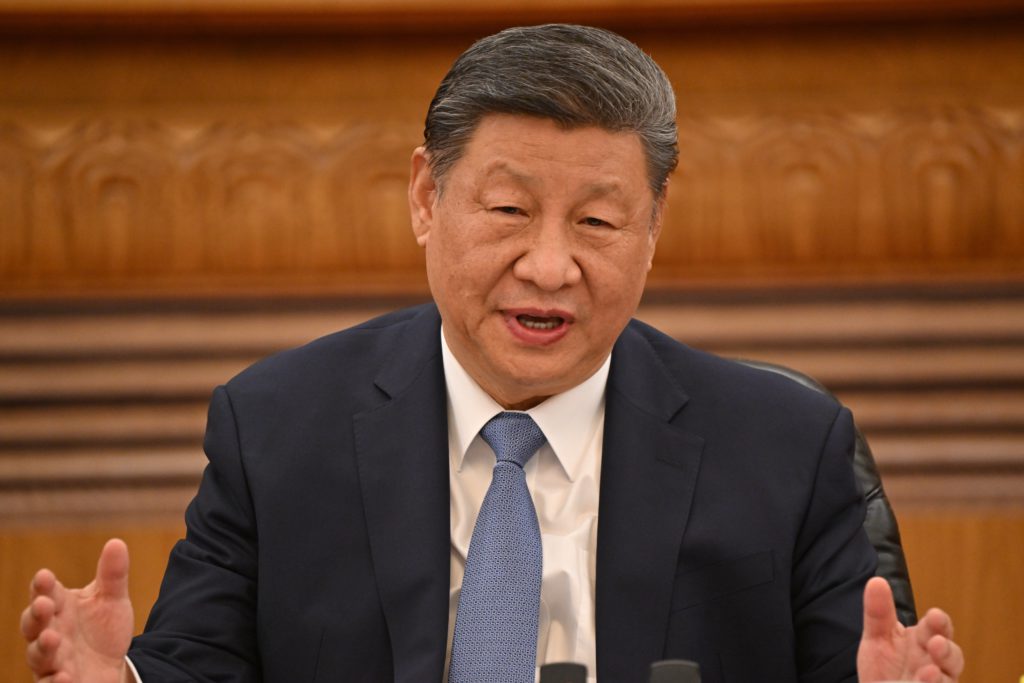Japan-Australia flagship hydrogen project stumbles
Japan wants to become a hydrogen fuel leader to meet its net-zero goals, but one blockbuster project is hanging in the balance over questions about its climate credentials.The Hydrogen Energy Supply Chain (HESC) is billed as a billion-dollar attempt to ship liquid hydrogen from Australia to Japan.However, cold feet about the project in Australia means …
Japan-Australia flagship hydrogen project stumbles Read More »


